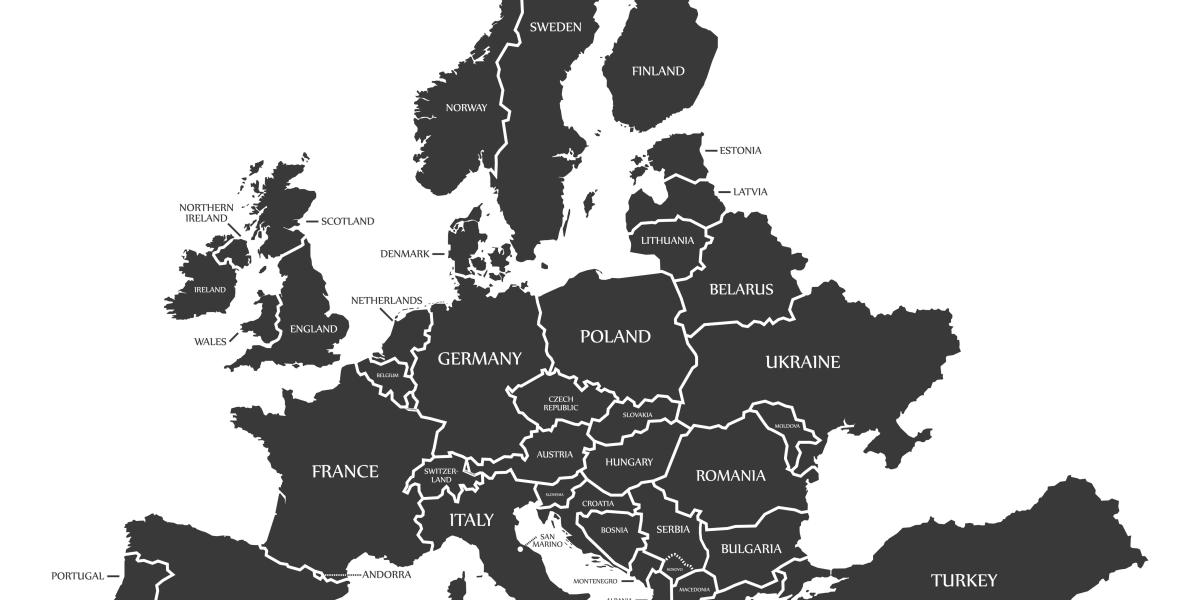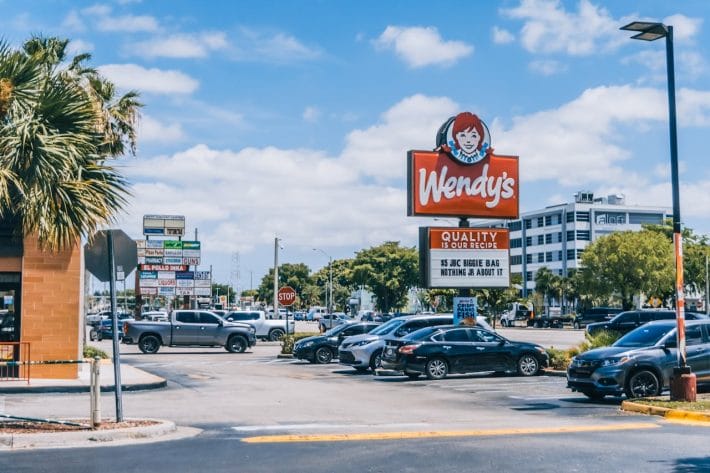In The Struggle for Liberty, Ralph Raico presents a stirring and revisionist interpretation of European history that challenges both progressive disdain for the West and idealizations of its aristocratic past. At the heart of his narrative is a powerful thesis: Europe’s prosperity and preeminence—its “miracle”—was not the inevitable result of geography, imperialism, colonialism, or race but of its distinctive political architecture. Unlike the great empires of the East, Europe developed as a radically decentralized and politically polycentric civilization. Power was fragmented both between states and within them. And, crucially, political relationships—particularly those involving taxation and law—were often based on contract, not mere coercion.
This fragmented and contractual political order was the soil from which Europe’s liberty and wealth grew.
Division Breeds Freedom
To make his case, Raico draws on the insights of thinkers such as Jean Baechler, E.L. Jones, P.T. Bauer, and Douglass North to explain this institutional phenomenon. After the fall of Rome, no empire succeeded in reestablishing hegemony over Western Europe. The result was a continent of competing jurisdictions: kingdoms, duchies, bishoprics, city-states, and free towns. Unlike the monolithic empires of Asia, where a single ruler’s will was law, European rulers faced constant internal constraints.
These constraints were not just accidents of geography—they were the result of contractual politics. Princes had to bargain with nobles, cities, and religious authorities to raise funds or field armies. Charters like England’s Magna Carta, the “Joyous Entry” of Brabant, and countless local compacts throughout the Low Countries, Germany, and Italy forced rulers to recognize legal limitations on their power. Taxation, in particular, often required the consent of assemblies composed of landowners or urban elites.
And this created something unprecedented in global history: a sphere of society beyond the reach of arbitrary power. Property rights became more secure, merchants could plan long-term, and citizens could appeal to written laws rather than the whims of despots.
The result was economic dynamism. As Raico notes, this is the institutional foundation of the “European Miracle”—the first sustained per capita economic growth in human history, which lifted millions out of the Malthusian trap of poverty and subsistence.
The Power of Exit
Perhaps the most important consequence of Europe’s decentralized political order was the possibility of exit. In an age without democratic elections or constitutional courts, the ability to flee a predatory ruler was a powerful check on tyranny. If a prince attempted to extort too much from merchants in Antwerp, they could move down the Rhine to Cologne or across the sea to England. A skilled artisan in Florence facing persecution could find refuge in Lucca or Siena.
This competition among states and cities created a race not to the bottom, but to stability, order, and enterprise. Those jurisdictions that secured property rights, upheld contracts, and permitted trade attracted talent and capital. Those that didn’t stagnated—or were reformed under pressure.
This is in stark contrast to the experience of empires like the Ottoman, Mughal, or Chinese, where state power was centralized and unchallengeable, and where the ruling elite often viewed wealth as something to be extracted from subjects, rather than produced in cooperation with them.
From Brawling to Bourgeois Rule: The Italian City-States
Perhaps nowhere was this process more dramatic or influential than in the city-states of medieval and Renaissance Italy. Tuscany, in particular, offers a vivid illustration of how divided power and commercial logic created vibrant centers of culture, wealth, and learning.
Cities like Florence, Siena, Pisa, and Lucca were originally dominated by aristocratic clans. Their politics were marked by violent feuds, private militias, and perpetual conflict between Guelphs and Ghibellines. But over time, a new force emerged: the bourgeoisie—a class of traders, shopkeepers, bankers, and artisans who sought order, not feudal brawling. They demanded secure property rights, consistent enforcement of contracts, and above all, peace.
In city after city, the bourgeoisie gradually wrested political control from the feuding nobles. They established councils and republics—limited in franchise and committed to commercial and legal stability. The Florentine Republic, for example, instituted elaborate systems of checks and balances, elected magistracies, and legal procedures designed to curb factional violence and protect property.
Oligarchic, these republics were for their time revolutionary in their orientation. Political legitimacy was increasingly based on contribution to the public good—measured in commerce, not conquest—and rule of law was elevated above the prerogatives of birth.
The results speak for themselves. Tuscany became a hub of innovation and learning. Its cities pioneered double-entry bookkeeping, modern banking, insurance, international credit, and accounting systems. The Medici family—bankers, not barons—financed churches, artists, and philosophers. Florence became home to Dante, Giotto, Brunelleschi, and Machiavelli. The prosperity of Tuscany’s republics under bourgeois rule transformed them into the cultural and intellectual capitals of Europe.
This was no coincidence. As Raico underscores, economic freedom and cultural flourishing go hand in hand. Remove the arbitrary hand of power, protect voluntary exchange, and even small cities can produce world-historical achievements.
Commerce over Conquest
Raico’s framing of the European Miracle is a reminder that prosperity comes not from grand imperial projects, but from the mundane miracle of peaceful commerce. The flourishing of trade routes, guilds, merchant law, and urban centers—all under the protection of contractually-restrained governments—allowed Europe to leap ahead of its more centralized rivals. In the East, the wealth of subjects was seen as a temptation for rulers to plunder. In the West, wealth increasingly became a sign of prudence, stability, and good governance. The merchant was no longer a parasite, but a pillar of society.
Indeed, the victory of commercial rationality over aristocratic plunder was one of the great accomplishments of European civilization. Where once a nobleman gained prestige through war, now he might seek it through patronage of learning, or even by joining the ranks of the merchant elite. The cultural tone shifted from valorizing domination to celebrating achievement.
A Legacy to Reclaim
Raico’s telling of the European Miracle is not just a historical account—it is a call to remember the real roots of freedom and prosperity. These did not arise from benevolent rulers or imperial conquest, but from the humble institutions of decentralized power, voluntary contract, and peaceful exchange.
In an age where centralization is again in vogue—whether through the EU, modern regulatory states, or global bureaucracies—Raico’s message is more timely than ever. Freedom is not preserved by consolidating authority, but by dividing it. Prosperity is not secured through state planning, but through the spontaneous order of individuals transacting under the rule of law.
Europe’s miracle was not inevitable. It was the fruit of particular institutions, ideas, and struggles. And it can be undone—unless we understand and defend what made it possible in the first place.



























